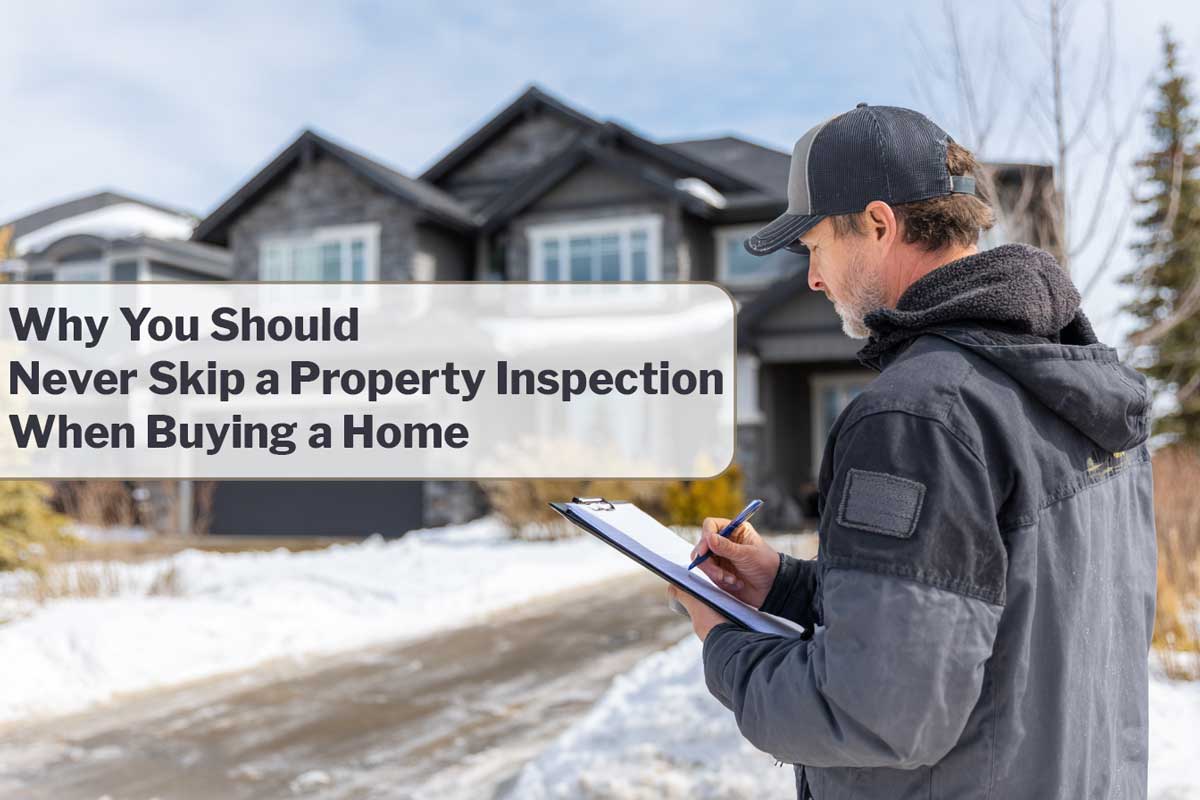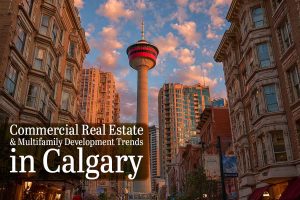Why You Should Never Skip a Property Inspection When Buying a Home
Purchasing a home is one of the most significant financial decisions most Albertans will make in their lifetime. Whether it’s your first home, a move-up purchase, or a long-term investment, getting a property inspection before finalizing your real estate transaction is crucial. In Alberta’s competitive and fast-moving real estate market, a thorough home inspection helps protect your investment, avoid costly surprises, and make an informed decision.
What is a Property Inspection?
A property inspection, often called a home inspection, is a detailed visual assessment of a residential property’s physical structure and systems. Conducted by a licensed home inspector, it is typically done after the buyer and seller agree on a purchase price but before the transaction is finalized.
In Alberta, home inspectors are regulated under the Consumer Protection Act, ensuring a level of professionalism and accountability in the inspection industry.
Why Property Inspections Matter in Alberta’s Housing Market
Alberta experiences harsh weather conditions, including heavy snow, fluctuating temperatures, and spring thaws. These seasonal elements can accelerate wear and tear on roofing, foundations, and heating systems. An inspection uncovers issues that may not be visible during a walkthrough.
- Detect hidden defects
- Avoid unexpected repair costs
- Strengthen negotiation power
- Prioritize safety and compliance
- Gain peace of mind before purchase
What’s Covered in a Standard Property Inspection?
A professional inspection typically includes the following areas:
A. Structural Components
- Foundation and framing
- Walls, ceilings, and floors
- Roof structure and attic condition
B. Exterior
- Roof shingles and flashing
- Gutters and downspouts
- Driveways, decks, and patios
- Grading and drainage around the house
C. Interior Systems
- Electrical wiring, panels, and outlets
- Plumbing fixtures, pipes, and water heaters
- Heating, ventilation, and air conditioning (HVAC) systems
- Windows, doors, insulation, and fireplaces
Some inspectors may also offer thermal imaging or moisture detection tools for more precise diagnostics.
Real Estate Risk Mitigation: Why Skipping Inspection Can Cost You
Imagine closing on a beautiful home only to discover water damage in the basement, faulty electrical wiring, or a failing furnace. Without a proper inspection, buyers may unknowingly inherit expensive problems.
Common Risks in Alberta Homes:
- Improper grading causing water seepage
- Poor attic insulation (leading to high heating bills)
- Worn roofs from heavy snowfall
- Unsafe deck construction or staircases
- Non-permitted renovations
The Role of Property Inspections in Conditional Offers
In Alberta, most purchase contracts include a property inspection condition. This clause allows buyers to hire a professional inspector within a specific timeframe—usually 5 to 10 business days—and cancel or renegotiate the offer if significant issues are uncovered.
- Protects your deposit if you choose to withdraw
- Allows room for price negotiations or repair credits
- Encourages seller transparency
- Legally supports your exit from a risky deal
Understanding Inspection Reports and Next Steps
After the property inspection, the inspector will issue a detailed report outlining their findings. It will typically include photographs, observations, and suggested repairs or maintenance items.
- Review the full report (not just the summary)
- Prioritize major items affecting safety, cost, or functionality
- Discuss repair options or price renegotiation with your real estate professional
- Consider bringing in specialists (e.g., electricians, roofers) for quotes
Specialized Inspections: When You Might Need More
While a general home inspection covers most of the essentials, certain situations may require more specialized evaluations:
- Sewer Line Scope
- Mold Inspection
- Radon Testing
- Asbestos or Lead Paint Testing
- WETT Certification
Inspection Considerations for Different Property Types
Condos:
Inspections focus on the interior unit, but buyers should review condo documents to assess the building’s overall condition.
Acreages and Rural Properties:
Require well and septic inspections, propane tank assessments, and grading checks.
New Builds:
Even brand-new homes benefit from third-party inspections to verify workmanship and code compliance.
Working with Your Real Estate Agent During Inspection
Your real estate professional plays a key role in the inspection process by:
- Recommending certified inspectors
- Attending the inspection and asking questions
- Helping you interpret the report
- Drafting requests for repairs or credits
- Negotiating on your behalf
Conclusion: Peace of Mind and Investment Protection
Buying a home is exciting, but it comes with serious responsibilities. A property inspection provides the clarity you need to move forward confidently—or the knowledge to walk away when necessary.
Final Thoughts
As a buyer, you deserve to know exactly what you’re investing in. A qualified inspector, a solid inspection report, and the guidance of a knowledgeable realtor will ensure your property purchase is a sound and rewarding one.
Written by Malvinder S. Tiwana
Tiwana Real Estate Team | www.maltiwana.ca
Serving Calgary, Chestermere, Airdrie, Cochrane, and surrounding areas with over two decades of real estate experience.








